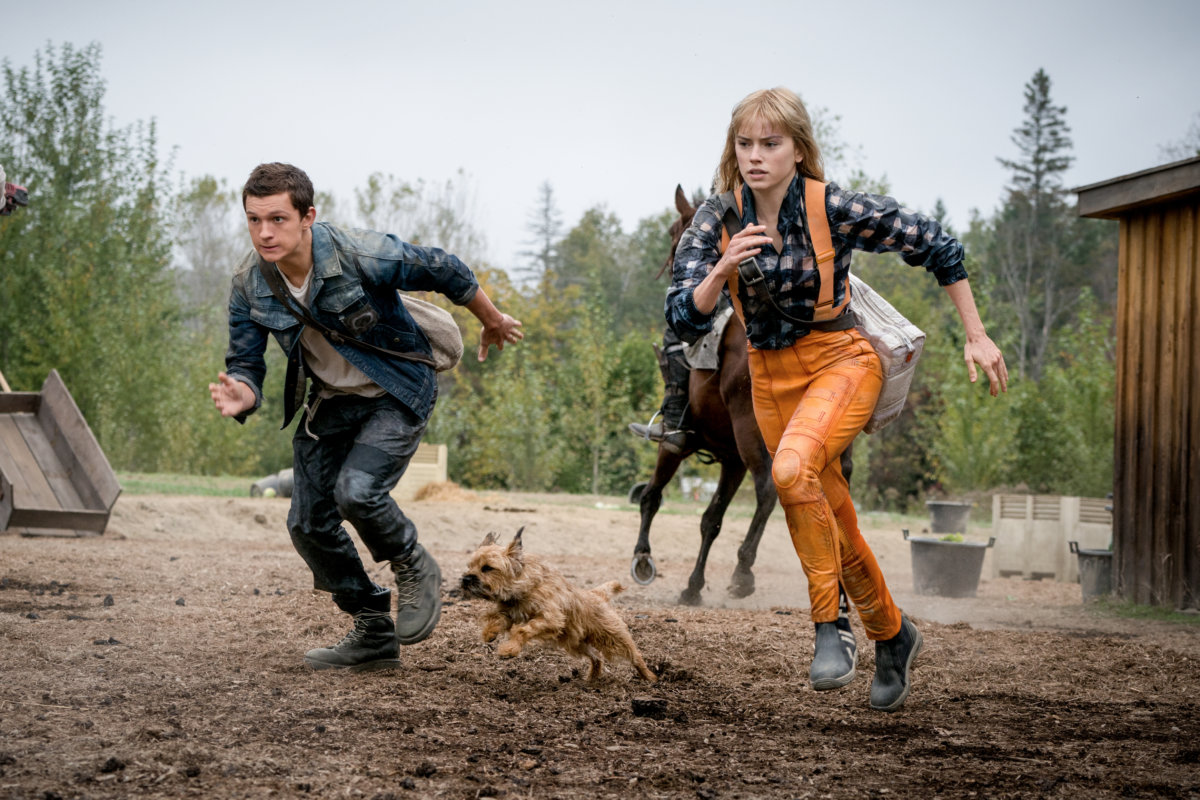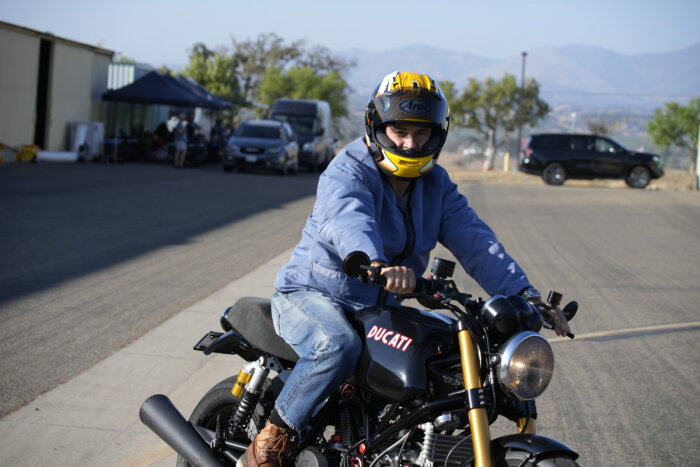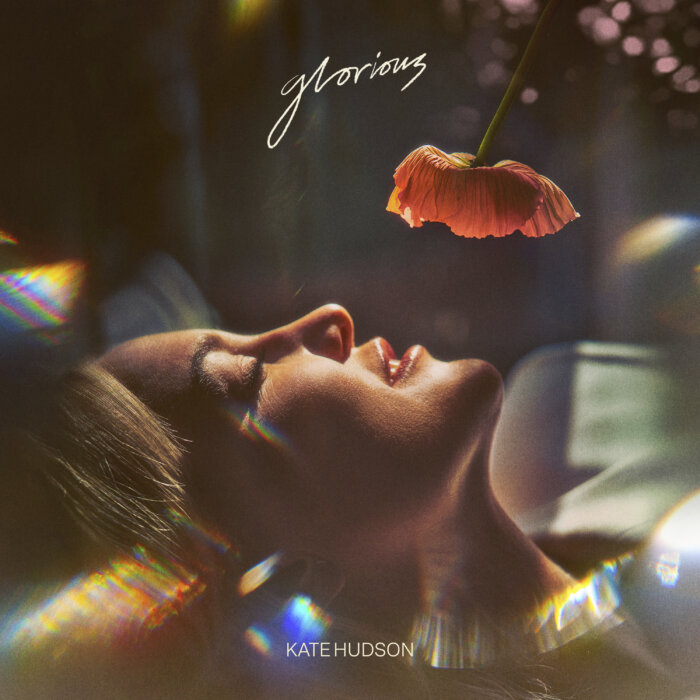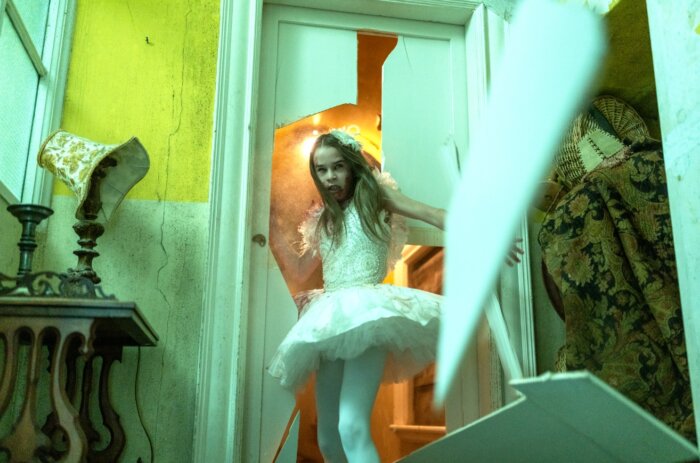“Without a filter, man is just chaos walking.”
That quote appears at the beginning of director Doug Liman’s latest feature starring Tom Holland and Daisy Ridley, “Chaos Walking.” The story, which take place in a “new world” where men’s thoughts are projected outside of them through something called the Noise follows Todd (Holland) who is led to believe he lives in a place where aliens killed all of the women when he was very young, including his mother. Then comes in Viola (Ridley), the first girl Todd has ever seen who also becomes the catalyst for a personal reckoning and adventure for him. Todd makes it his mission to protect Viola, but the Mayor and a few other seedy characters (played by Mads Mikkelson, David Oyelowo and Nick Jonas) have their own ideas on how they want to handle the situation.
The film was adapted from Patrick Ness’ ‘The Knife of Never Letting Go’—the first in a trilogy of books following the series. In the new world that Ness created, the Noise only affects the men, which subsequently shoves the difference between men and women right in their faces. How they adapt is up to them, and in some cases in “Chaos Walking,” it’s quite deadly.
For Ness, this story holds a path for human beings, and how part of what makes us human is choosing how to respond, even with all of the chaos going on inside of our heads.
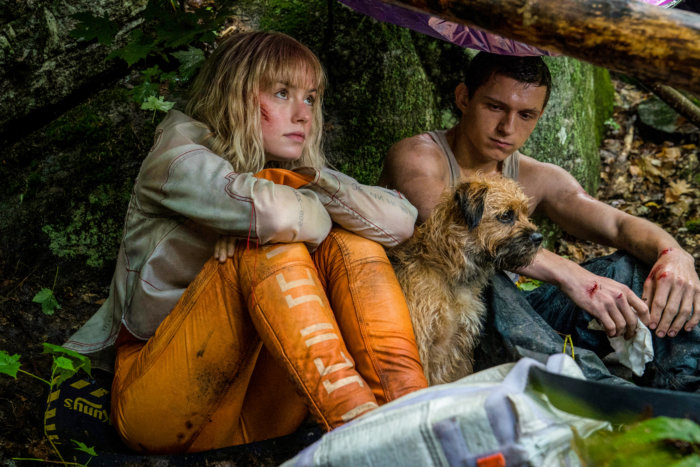
Since you literally wrote the book that this story is based on, I wanted to know where the idea for the “Chaos Walking” series came from?
In 2007, 2008, I started to notice how social media in particular, but also mobile phones were kind of obliging us to share more of ourselves than we ever have before. You’ll be standing in line at the movie theater and then you have to listen to someone’s conversation on the phone. That’s when social media was also in its golden age and everybody was connecting, everybody was sharing and I thought, “Ok, there are good parts to this, but what if the next logical step was that we had no other choice and it happened all of the time and it was involuntary? How awful that would be.” I thought that it would just be a great, great noise—and that’s where the Noise came from, and that was originally where the idea came from—information overload.
How did this idea of the Noise and information overload transfer to you creating a story where only the men were affected by this and the women were not?
The idea I really liked, it was really rich and there was a lot there—but it’s a premise, not a plot. So, I kept pushing at it and thinking what’s here? There’s something here. Another big idea that has always kind of populated my writing a bit is about how human beings, and how we treat difference[s]. We very rarely treat it as just simply equal, we have to categorize it somehow, we think it’s better than us or we think it’s worse than us, and either of those things somehow we feel free to attack. So, I thought, “Okay, what if this thing with the Noise was the difference between men and women, and it was a difference that was in your face all of the time? You had to reckon with it in every single interaction—how would you react?”
As the book journeys and as the movie journeys on, you see that there is the very worst outcome and that there are people who have managed to make a reckoning. So it came from here: What if the difference between men and women had to be negotiated at every moment in every interaction? Unfortunately, in the ten years that the book has come out, all we see is evidence, after evidence, after evidence about how men don’t listen to women. I’d like to say that I was prophetic about that, but I was probably just as clueless as anyone. So, it’s scarily accurate to how the world is—but hopefully, now the world is changing.
How was the process of adapting your book into a screenplay?
Something I’ve always said about adaptations of books and adaptations of other’s books that I’ve written is that the important thing for me and particularly the author is to remember that the book remains. The book isn’t being erased, it’s not being replaced, and so if I can believe that and I can embrace that, letting go of the changes the movie might need are fine because a movie is a different thing. It has its own creative choices and directions, and so I view adapting a movie as a remix of the book. You can change it into something else and add some stuff and make it into something hopefully equally as creative. I find it exciting to see how [you can make] the story into a movie from the original book.
Were there any details from the book that you were excited to see come to fruition on screen?
For this book, it was absolutely the Noise because I’ve never seen anything quite like it on screen. We talked about that for a long, long time about what it would look like. For me, it was saying this is what I believe the Noise looks like and what it’s for. It’s not exposition, it’s not explaining the story to you, but it’s more emotion-based and about the mess in our heads.
I believe we’re human because we choose what to say and our brains are these animal things that sometimes prey on us, but we’re human because of the choices we make to filter it. So what does that feel like and what does that sound like? I think that we are emotionally-based creatures, so we started from the idea that the Noise is feeling, and that sort of guided these amazing special effect artists and the director on how can we use that and make it effective and not muddy, but plausible. So that was really exciting. I had no idea how they were going to do it and I love how it turned out.
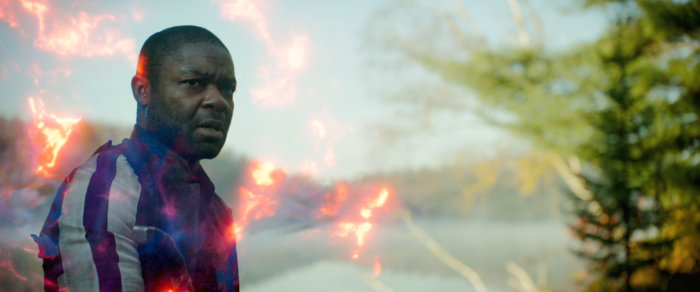
Do you think the theme of having one’s difference right in your face and finding a way to live together is something that audiences can relate to?
I think so, or I hope so rather. What kind of accidentally became the theme of the film is how these groups of settlers were greeted with an environmental problem and how they differently adjusted to it. Of course, who could have predicted COVID, but in a way it’s kind of the same thing. It’s a lousy environmental factor that we’ve had to deal with, we’ve had some huge losses and we’ve made mistakes, but we’ve also found a way to still connect and we’re working it out. So, to me, these things are going to come and not necessarily going to be things like the Noise, but it’s going to be like COVID. How we adjust as a community can speak to the worst of us, but it can also speak to the very best of us.
‘Chaos Walking’ drops in theaters and IMAX March 5.



